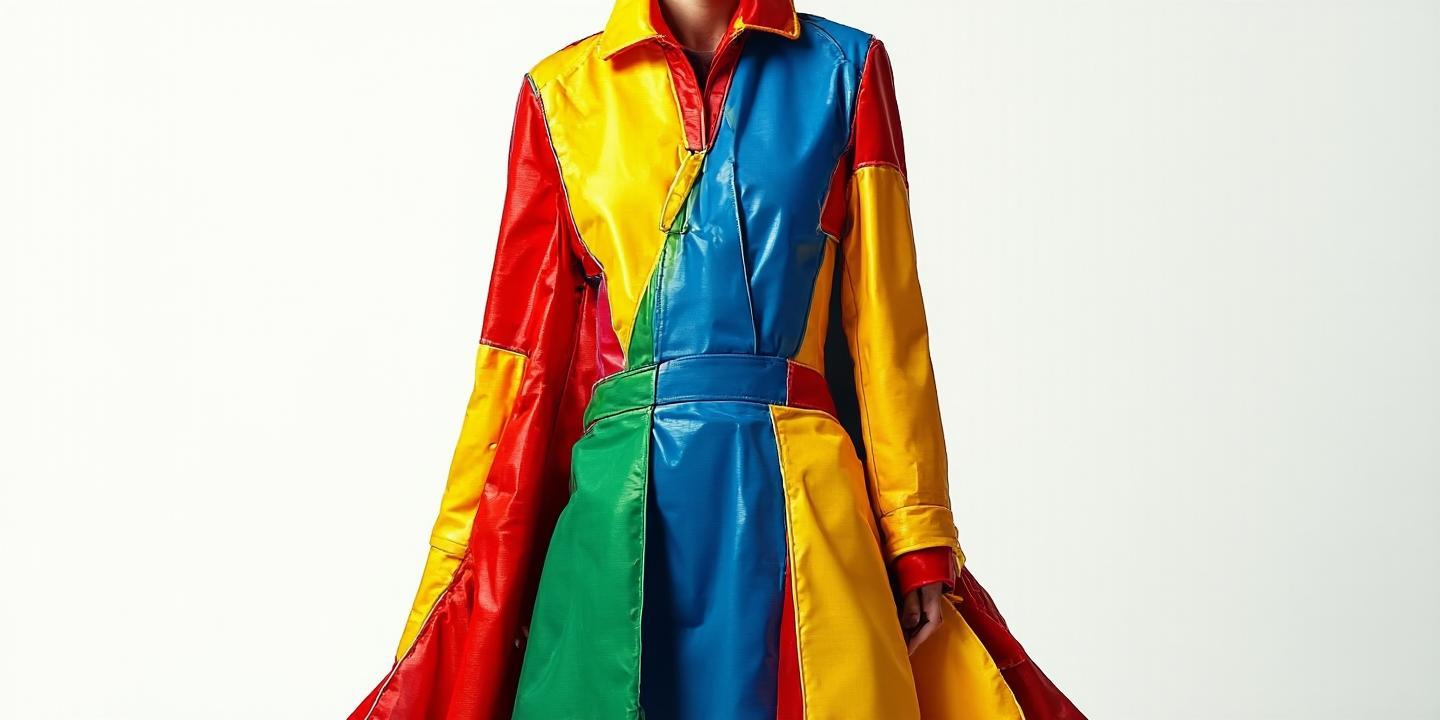发布时间2025-06-10 02:13

Imagine this You’re at a cozy café, chatting with friends, and you absentmindedly play with your paper cup. Suddenly, you hear a sharp crack—the cup snaps in your hands. Your first reaction might be a mix of surprise and embarrassment, but how do you express that moment in English? This scenario is more common than you think, and knowing how to articulate such an accident can be both practical and culturally enriching. Whether you’re a language learner or just curious about everyday expressions, this guide will help you navigate the unexpected with the right words.
In everyday life, small accidents like breaking a paper cup might seem trivial, but they often lead to moments of connection or humor. Expressing surprise or acknowledging the mishap appropriately can turn an awkward situation into a lighthearted one. For non-native English speakers, mastering these expressions is key to sounding natural and relatable. Plus, it’s a great way to expand your conversational toolkit.
When something unexpected happens, like snapping a paper cup, the first thing people usually say is an exclamation. Here are some common phrases:
After the initial reaction, you might want to explain what happened. Here’s how you can do that naturally:
These phrases not only describe the action but also convey your thought process, making the conversation more engaging.
Words are essential, but your tone and body language also play a significant role in how your message is received. For instance:
Different cultures handle accidents differently. In English-speaking countries, minor mishaps are often met with humor or a casual attitude. Being overly apologetic might make the situation more awkward, so a lighthearted approach is usually best. For example:
To sound more fluent, it’s helpful to know synonyms and related expressions. Here are a few:
Let’s look at a few scenarios to see how these expressions can be used in real life:
At a Café:
“I was just twisting the cup, and—oops!—it snapped in half. Guess I need to be more careful!”
At a Party:
“Oh no! I didn’t realize the cup was so thin. My bad!”
At Home:
“Well, that just happened. Guess I’ll grab a new cup!”
When expressing surprise or apologizing, it’s easy to overthink or use phrases that don’t quite fit. Here are a few tips:
To get comfortable with these expressions, try practicing in low-pressure situations. For example:
One of the best ways to handle an accident is with humor. For instance:
These playful remarks can diffuse tension and make the moment more memorable.
If you’re looking to expand your vocabulary further, here are some more advanced phrases:
These expressions might not come up in everyday conversation, but they’re great to know for more formal or detailed discussions.
Mastering these expressions not only helps you handle accidents with grace but also makes your English sound more fluent and relatable. So the next time you snap a paper cup, you’ll know exactly what to say!
猜你喜欢:drug
更多少儿英语